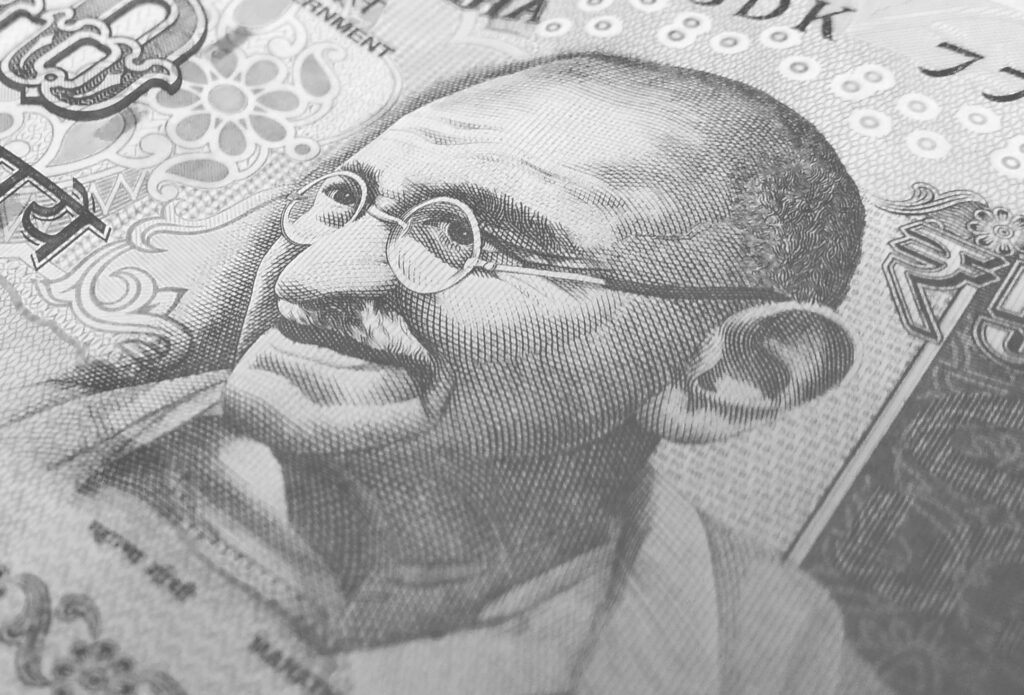Table of Contents
Introduction
If you are interested in studying how people make decisions, how markets work, and how policies affect the economy, then you might want to pursue a Bachelor of Economics degree. A Bachelor of Economics is a three-year undergraduate course that covers various aspects of economic theory and practice, such as microeconomics, macroeconomics, statistics, econometrics, development economics, public finance, international trade, and more.
A Bachelor of Economics degree can open up many career opportunities for you in various sectors, such as banking, finance, consulting, research, government, academia, and non-governmental organizations. You can also pursue higher studies in economics or related fields after completing your bachelor’s degree.

But how do you choose the right Bachelor of Economics program for you? What are the eligibility criteria, admission process, syllabus, fees, and scope of this course in India? In this blog post, we will answer all these questions and more to help you make an informed decision about pursuing a Bachelor of Economics degree in India.
Eligibility Criteria for Bachelor of Economics
To be eligible for a Bachelor of Economics program in India, you need to have completed your 10+2 or equivalent examination from a recognized board with at least 55% marks in aggregate. You also need to have studied mathematics as a compulsory subject in your 10+2 level. Some colleges may also require you to have studied economics as an optional subject or have some background knowledge of economics.
Admission Process for Bachelor of Economics
The admission process for a Bachelor of Economics program in India varies from college to college. Some colleges may conduct their own entrance tests or interviews to select candidates based on their aptitude and interest in economics. Some colleges may accept national or state-level entrance exams scores, such as DUET, NPAT, IPMAT, etc. Some colleges may offer admission based on merit or marks obtained in the 10+2 level examination.
You need to check the specific admission criteria and process of the college you are interested in and apply accordingly. You may also need to fill up an online or offline application form and pay an application fee to register for the admission process.
Syllabus for Bachelor of Economics
The syllabus for a Bachelor of Economics program in India may vary slightly from college to college, but generally covers the following topics:
- Principles of Microeconomics
- Principles of Macroeconomics
- Mathematical Methods for Economics
- Statistical Methods for Economics
- Indian Economy
- Development Economics
- Public Economics
- International Economics
- Money and Banking
- Financial Economics
- Econometrics
- Industrial Organization
- Environmental Economics
- Agricultural Economics
- Economic History
- Economic Thought
In addition to these core subjects, you may also have to choose some elective subjects from a list of options offered by your college. You may also have to complete a project or dissertation on a topic of your choice under the guidance of a faculty member.
Fees for Bachelor of Economics
The fees for a Bachelor of Economics program in India may vary depending on the college, location, facilities, reputation, etc. However, on average, the fees may range from INR 10,000 to INR 2 lakhs per year. You may also have to pay some additional charges for hostel, mess, books, etc.
Scope for Bachelor of Economics
A Bachelor of Economics degree can prepare you for a variety of careers in different sectors. Some of the common job profiles that you can apply for after completing your degree are:
- Economist: An economist is someone who analyzes data and trends related to the economy and provides insights and advice to various stakeholders, such as businesses, governments, NGOs, etc.
- Financial Analyst: A financial analyst is someone who evaluates the financial performance and prospects of companies, industries, markets, etc. and provides recommendations for investment decisions.
- Consultant: A consultant is someone who provides expert guidance and solutions to clients on various issues related to economics, such as strategy, policy, management, etc.
- Research Analyst: A research analyst is someone who conducts research on various topics related to economics using quantitative and qualitative methods and produces reports and publications.
- Teacher: A teacher is someone who imparts knowledge and skills related to economics to students at various levels of education.
- Data Analyst: A data analyst is someone who collects, cleans, organizes, and analyzes large sets of data related to economics using various tools and techniques and generates insights and reports.
Apart from these job profiles, you can also pursue higher studies in economics or related fields after completing your bachelor’s degree. Some of the popular courses that
